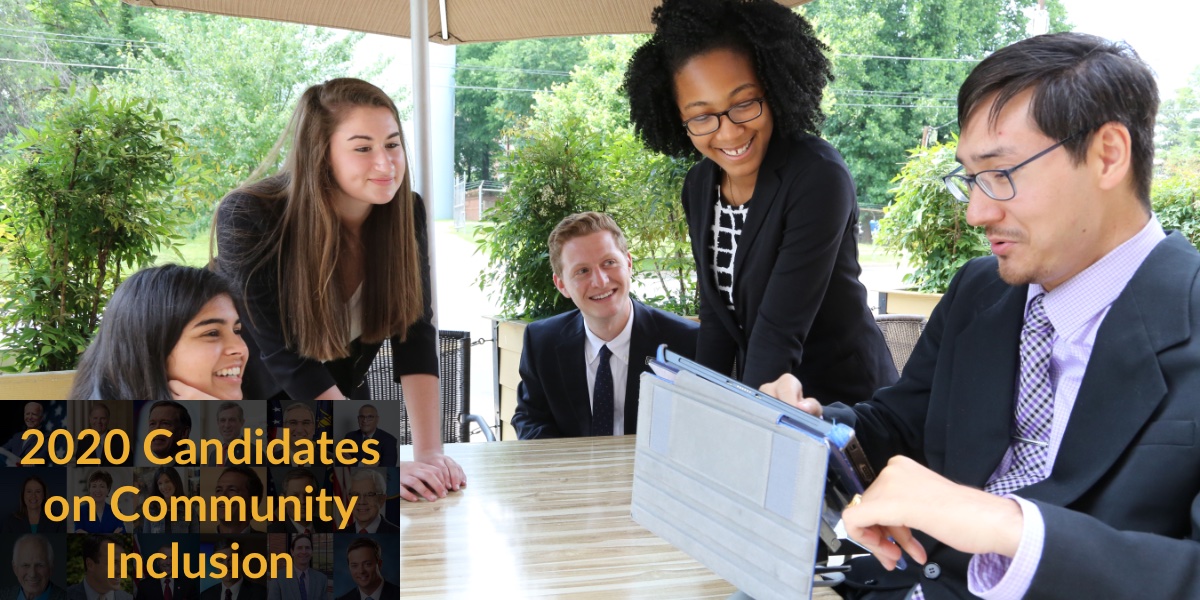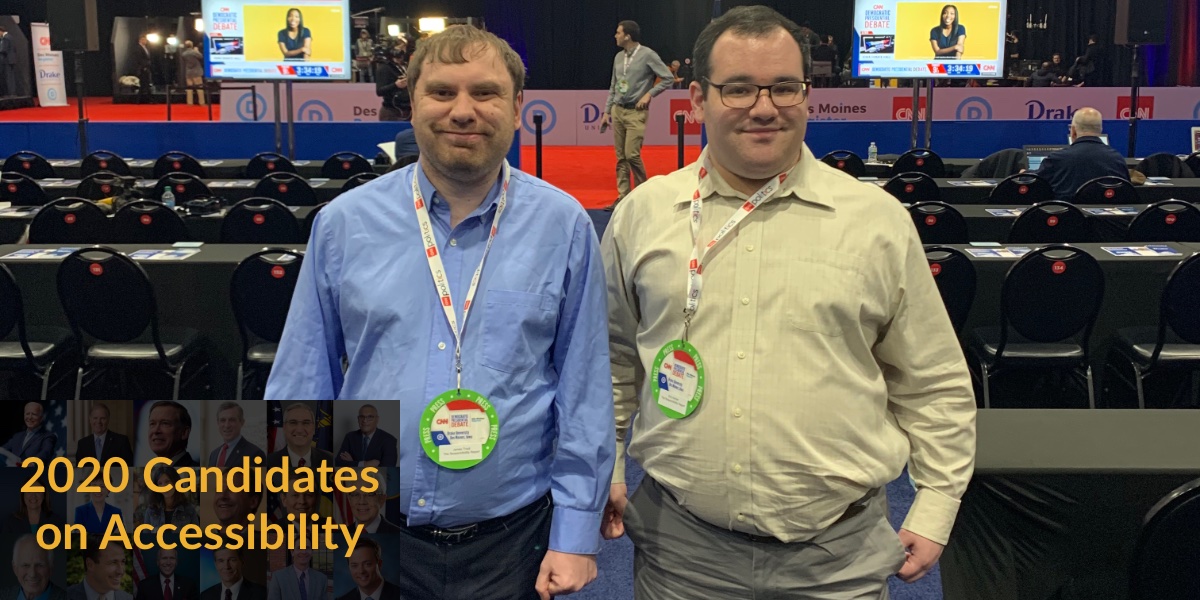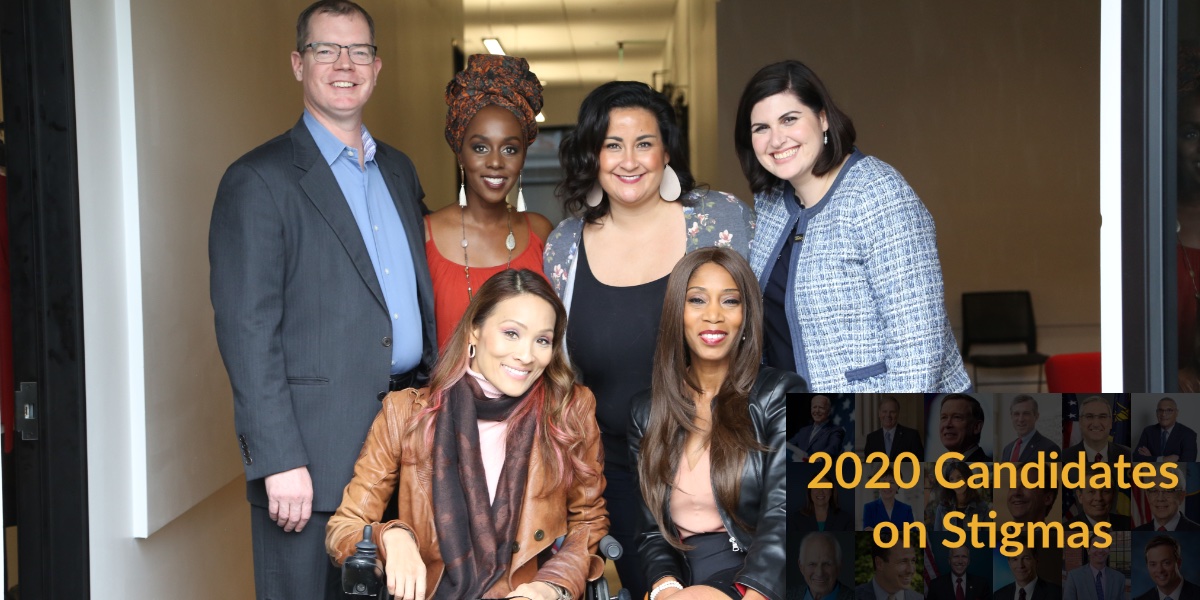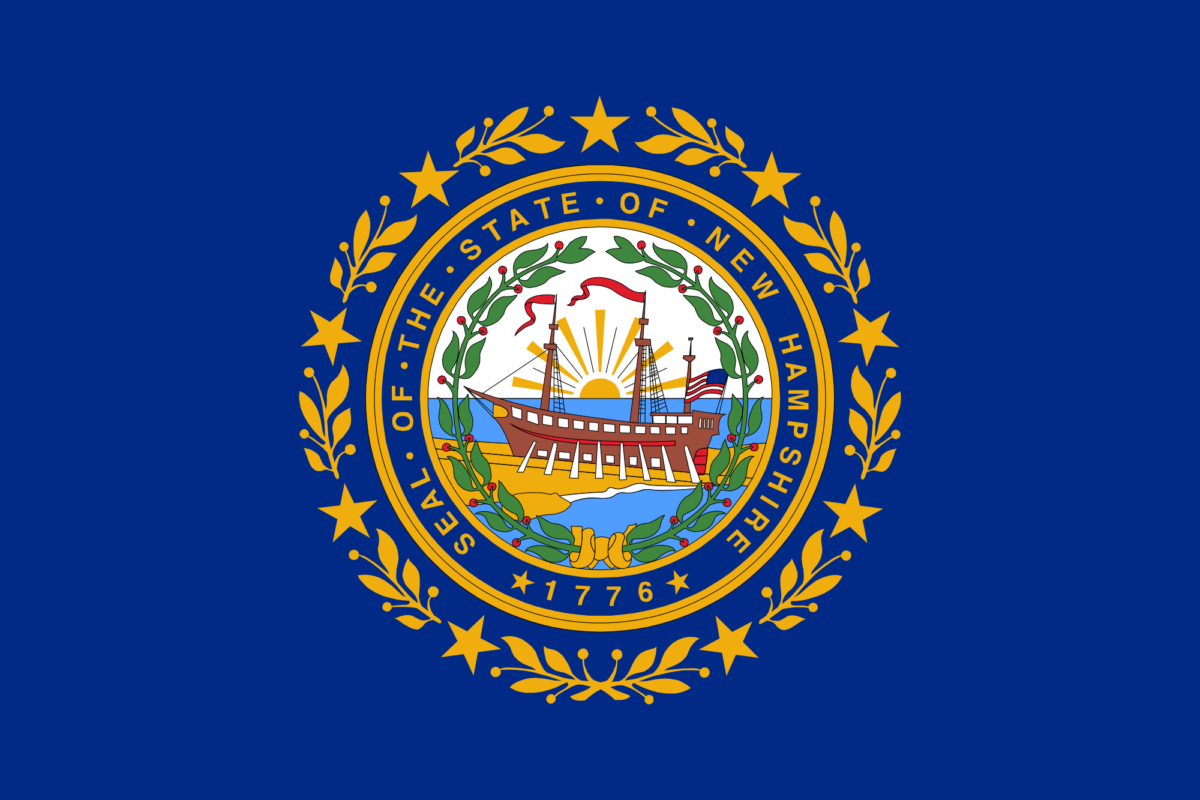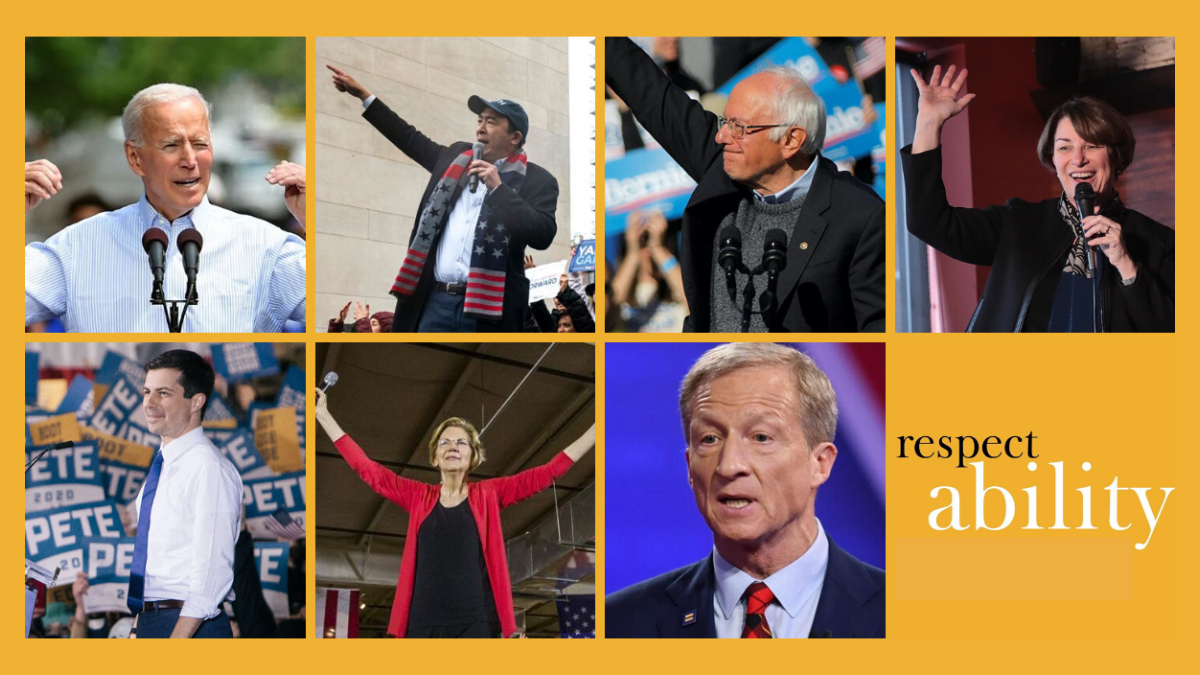Washington, D.C., Oct. 16 – When politicians and candidates for public office think about reaching out to minority communities, it is important that they remember the one-in-five Americans living with some form of disability. Voters with disabilities are a massive pool of potential voters who have often been ignored in past elections. However, those voters are now more engaged and active than ever. According to a recent study by Rutgers University, up to 38.3 million eligible voters are people with disabilities. This represents a massive increase in participation by voters with disabilities compared to past elections.
RespectAbility has conducted polling research of its own and found that three quarters of likely voters either have a disability themselves or have a close friend or family member with a disability. With such a large share of the electorate having a personal interest in disability issues, politicians must pay attention. As a nonpartisan national nonprofit organization fighting stigmas and advancing opportunities so people with disabilities can participate fully in all aspects of community, RespectAbility has invited all candidates in the Presidential as well as key Senate and Governor races on both sides of the aisle to submit their answers to a 2020 Disability Voter Candidate Questionnaire.
Question 4 of the Questionnaire was: What will you do to promote policies and practices designed to support full community engagement, access and inclusion of people with disabilities?
Below, read the answers from the candidates who responded. These responses are listed alphabetically by state:
